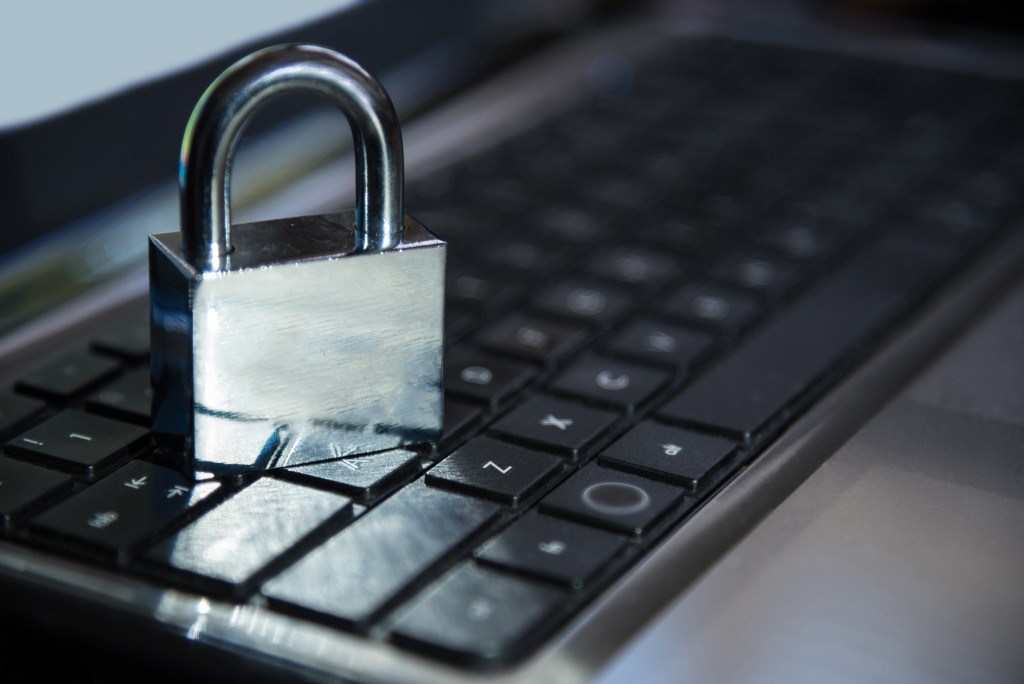The Internet has allowed small businesses to reach a broader customer base and enjoy rapid growth. But it has also brought the risk of cyberattacks such as data leaks and denial-of-service attacks, which can disrupt your operations and lead to loss of revenue. While large companies often have the resources to protect themselves from external intrusion, small businesses cannot recover from a network breach.
Small business owners must take cybersecurity seriously. Many businesses look to network security companies to protect their infrastructure. But just because there’s no room in the budget for a professional consultant does not mean that you have no choice but to be exposed.
1. Update your software regularly
It’s a good idea to keep your security software up to date, but you should also think beyond that. All the software you use, from the operating system and applications down to the browser plug-ins, must always be updated to protect you from the latest security threats.
Software providers push regular updates to patch vulnerabilities and to safeguard against emerging threats. The sooner you close security loopholes, the lower the risk of your infrastructure being compromised. Software updates often happen in the background, but legacy software might need manual input.
2. Create strong password policies
Hackers only need to guess your password to gain access to your system, which is why they devote lots of time and energy to breaking them. If your password is short and easy to guess, you’re setting yourself up for a security breach.
You need to create a company-wide policy that requires all users to create strong and secure passwords. Each user account must have a unique password. The password should also contain a mix of numbers, letters in both upper and lower cases, and special characters.
3. Control access to your system

Even the most robust security policies can be undone by simple human error. That’s why it’s crucial to train all your employees on the basics of cybersecurity. Another great way to safeguard your data is to limit who has access to your system.
For instance, only you or a system administrator should have full access to your infrastructure. Other users only need access to data that is relevant to their job. By controlling who can access what information, you reduce the risk of corporate espionage and unintentional data leaks.
4. Enable two-factor authentication
Even the strongest passwords can eventually be cracked. If you want to enhance password security, you need to enable two-factor authentication or 2FA. 2FA works by requiring an extra step of verification after the username and password. Before a user can log in to their account, they need to provide a specially-generated code sent to a mobile number or authenticator.
While 2FA isn’t usually enabled by default, many online platforms and services allow you the option to enable it. It’s easy to set up and will improve your security by leaps and bounds.
As a small business owner, one of your main priorities is to keep it safe. A single breach can wipe you out, so follow these security methods to keep your system as safe as possible.





